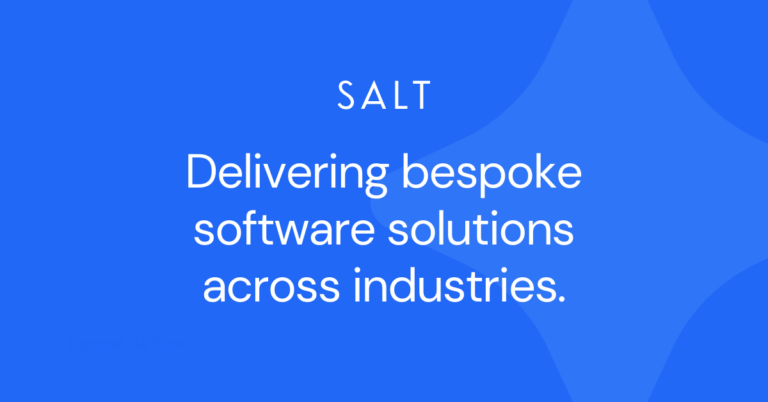Agile methodologies have become increasingly popular in the software development industry in recent years, and for good reason. By focusing on rapid iteration and continuous delivery, agile approaches can help teams to deliver high-quality software more efficiently and effectively.
In this case study, we’ll take a look at how we used agile methodologies to successfully deliver a complex software project on time and under budget.
The Project
The project in question was a custom software solution for a large enterprise client. The project had a tight deadline and a fixed budget, and required close collaboration with the client’s internal development team.
The software was intended to be a platform for managing the client’s internal processes, including tasks such as:
- Project management
- Resource allocation
- Reporting
It was a complex project with many interdependent components, and it required a high level of coordination between our team and the client’s internal development team.
Our Approach
To tackle this project, we decided to use an agile approach based on the Scrum framework. Scrum is a popular agile methodology that emphasizes transparency, inspection, and adaptation. It involves frequent “sprints” in which small, cross-functional teams work together to deliver incremental pieces of the project.
Here are a few key benefits of using Scrum for this project:
- Ability to quickly adapt to changing requirements and priorities: Our team was able to work closely with the client to identify and prioritize the most important features and deliver them first. This allowed us to stay on track and meet the tight deadline, even as the project scope evolved over time.
- Continuous delivery: By using tools like automated testing and continuous integration, we were able to continuously push out small updates and improvements to the software, rather than waiting until the end of the project to deliver a complete product. This not only helped us to stay on schedule, but also allowed us to get feedback from the client and make adjustments in real-time.
- Collaboration and transparency: Scrum emphasizes regular communication and collaboration among team members and stakeholders. This helped us to stay closely aligned with the client’s needs and expectations throughout the project.
The Results
Thanks to our agile approach, we were able to deliver the software on time and under budget. The final product met all of the client’s requirements and exceeded their expectations in terms of functionality and usability.
Not only did we deliver the project on time and under budget, but we also established a strong relationship with the client. By working collaboratively and transparently, we were able to build trust and earn their confidence in our ability to deliver high-quality software.
Conclusion
This case study illustrates the benefits of using agile methodologies for complex software projects. By using Scrum and focusing on continuous delivery, we were able to:
- Deliver high-quality software on time and under budget
- Maintain a high level of collaboration and transparency with the client
- Quickly adapt to changing requirements and priorities
If you’re considering using agile methodologies for your next software project, we hope this case study has given you some valuable insights. Agile approaches can be a powerful tool for delivering software efficiently and effectively, especially when coupled with continuous delivery practices.
If you are considering building a software solution or a business website and are in need of professional assistance, ’ Salt Technologies’ offers a range of web development services.
Our team of experienced developers can help you choose the right platform for your business and build a website that meets your specific needs.
Feel free to contact us if you have any questions or would like to learn more about how we can help your team adopt agile practices.


